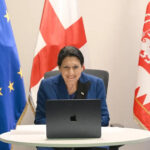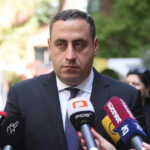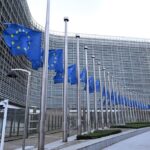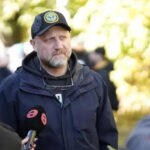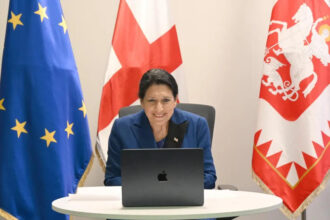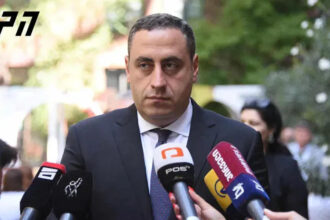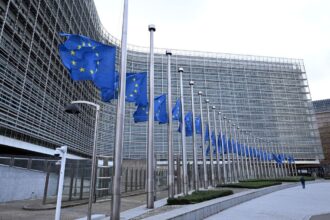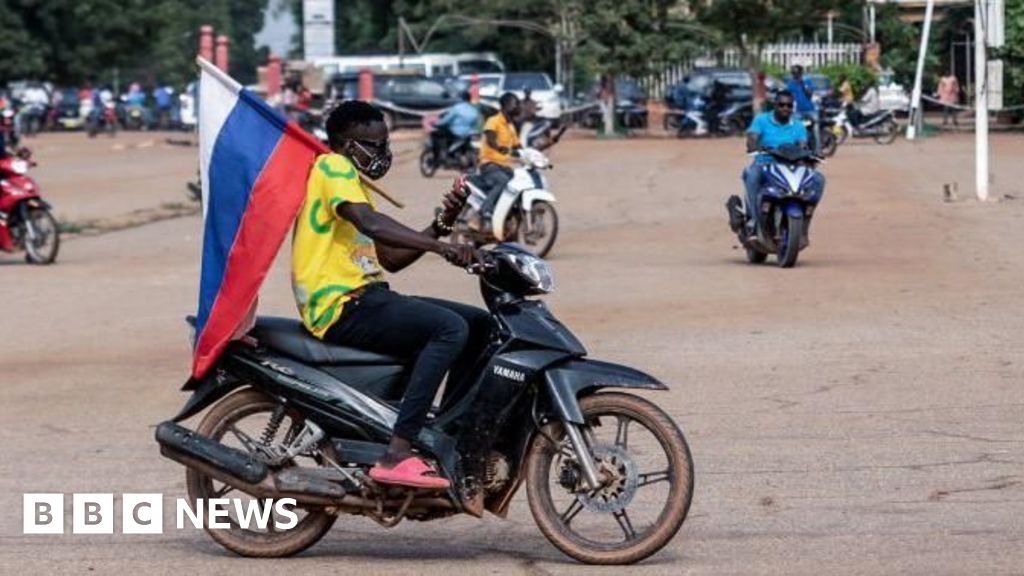A group of teenage football players in Burkina Faso listen to the Russian national anthem before a match, while nearby, artists paint a portrait of Russian President Vladimir Putin on a wall during a graffiti festival. This is just one example of how Russia is increasing its presence and influence in African nations, including Burkina Faso.
According to evidence found by the BBC, Russia is using media and cultural initiatives to attract African journalists, influencers, and students while spreading misleading information. This is being done through a newly founded Russian media organization called African Initiative, which describes itself as a bridge between Russia and Africa. It is believed that this organization has ties to the Russian security services and has hired former employees of the dismantled Wagner mercenary group.
African Initiative has been particularly active in the three military-run countries of Mali, Niger, and Burkina Faso, which have recently distanced themselves from Western allies like France and turned towards Russia. Along with organizing cultural events, African Initiative also runs a news website and several social media channels, which promote pro-Kremlin narratives and spread misleading information, especially about the United States.
One example of this is the claim, without evidence, that the US is using Africa as a testing ground for bio-weapons. This narrative is based on long-discredited Kremlin disinformation campaigns and is being used to target Americans in particular. According to researcher Jedrzej Czerep, African Initiative is far more anti-American than Prigozhin’s previous propaganda efforts, which mainly targeted France.
In June, African Initiative invited a group of bloggers and reporters from eight countries for a seven-day trip to Russia. This was part of their efforts to build relationships and spread their messaging in Africa. However, experts warn that these efforts could have negative consequences, as they are spreading false information and promoting Russian interests in the region.
Read More @ www.bbc.com
